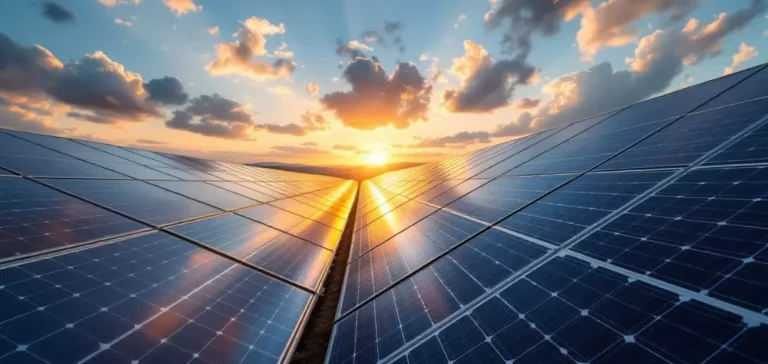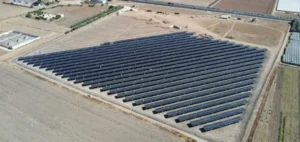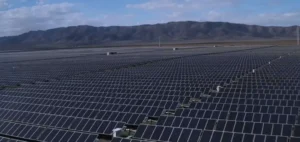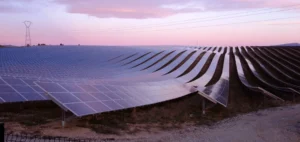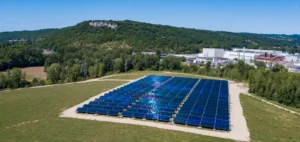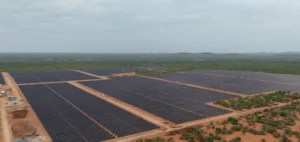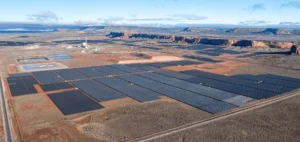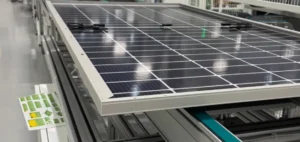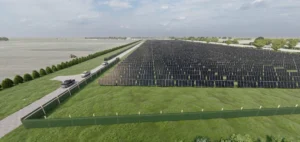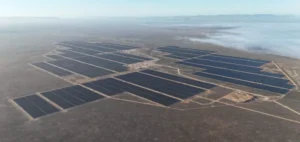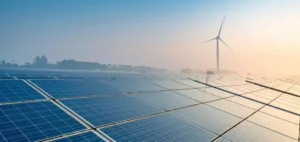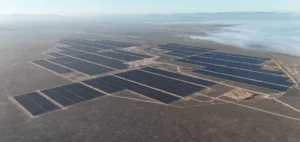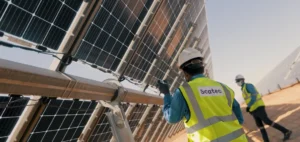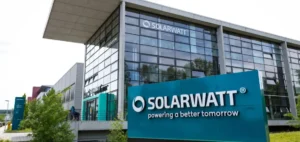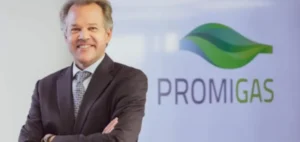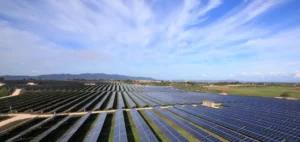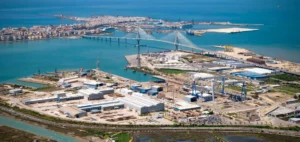The expansion of the solar sector in Europe is undergoing an unprecedented shift with an anticipated decrease in new installed capacity for 2025. According to the latest industry data, additional capacity is expected to reach 64.2 gigawatts this year, a decline of 1.4% compared to the 65.1 gigawatts recorded last year. This slowdown comes after a decade of uninterrupted growth in the European solar market.
Reduced subsidies and budget reallocations
The contraction in the market is mainly explained by the reduction of public support for residential solar installations. Several governments have shifted their priorities, allocating more resources to defence or support for local industries. This context has led to limited financing for households wishing to equip their roofs with solar panels, with this segment now accounting for just 15% of new installed capacity, compared to an average of 30% between 2020 and 2023.
Germany and France have recently reduced guaranteed feed-in tariffs for electricity generated by domestic solar installations, while the Netherlands has chosen to limit incentive schemes for households feeding surplus power back into the grid. This evolution directly affects the pace of deployment, whereas the sector had experienced a notable acceleration in 2023, with a 51% increase in capacity.
European targets and new challenges for the sector
In June, solar energy accounted for 22% of total electricity production in the European Union, making it the leading monthly source of supply on the continent for the first time. However, at the current pace, the European Union risks missing the target of 750 gigawatts set for 2030, with a projected shortfall of 27 gigawatts by the end of the decade.
The sector, facing these political and economic adjustments, must adapt its strategy to maintain momentum. This situation highlights ongoing budgetary trade-offs and the need for market players to rethink their model in a less subsidised environment. The evolution of public policies and the volatility of financial incentives will determine Europe’s ability to continue moving towards an energy mix less dependent on fossil fuels.


